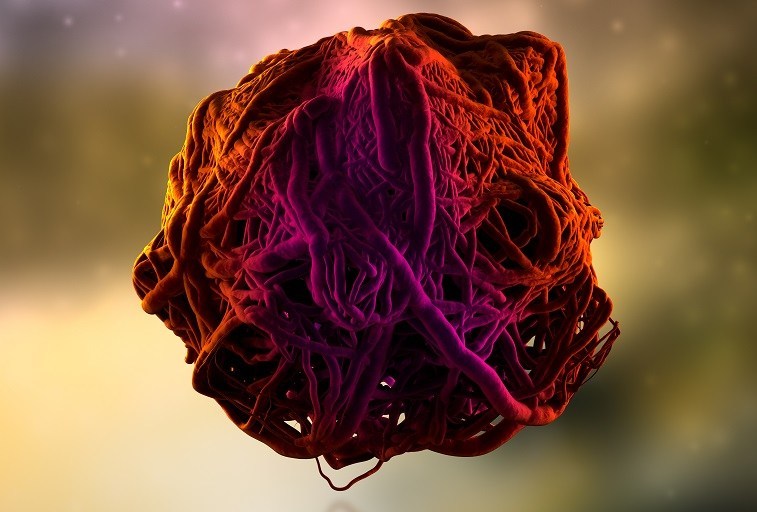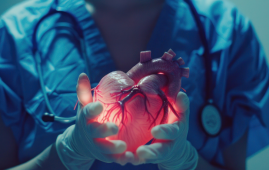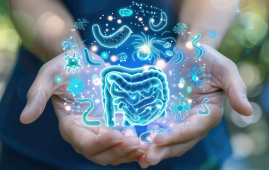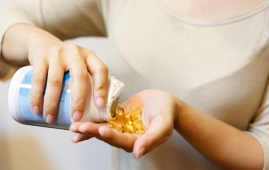

Mumps is a contagious disease caused by a virus. There is no cure for it, and it can cause serious health problems. The measles-mumps-rubella (MMR) vaccine is the best way to help protect against mumps.
Burden
- Before the vaccine, about 186,000 cases were reported each year in the US
- Compared to the pre-vaccine era, the number of cases in the US dropped by more than 99 percent
Outbreaks of mumps still occur in the US, usually among people who live in close quarters or have prolonged, close contact with an individual who has mumps. Mumps spreads easily through coughing or sneezing, or through close contact, such as sharing cups or water bottles, kissing, or playing sports with someone who has been infected.
Symptoms
Mumps typically starts with a few days of fever, headache, muscle aches, tiredness, and loss of appetite, followed by swelling of the salivary glands under the ears on one or both sides, which causes puffy cheeks and a tender, swollen jaw.
Symptoms typically appear 16-18 days after infection, but this period can range from 12–25 days after infection. Some people who get this disease have very mild symptoms (like a cold), or no symptoms at all and may not know they have the disease.
Most people with this disease recover completely within two weeks. However, in rare cases, this disease can cause serious complications, including:
- swollen testicles, which may lead to a decrease in testicular size
- swollen ovaries or breast tissue
- inflammation in the pancreas (pancreatitis)
- inflammation of the brain (encephalitis)
- inflammation of the tissue covering the brain and spinal cord (meningitis)
- deafness
Neither inflammation of the testicles nor inflammation of the ovaries caused by this disease has been shown to lead to infertility.
Prevention
The measles-mumps-rubella (MMR) vaccine is the best way to protect against mumps. Among those who are vaccinated, some may still get mumps if they are exposed to the virus but the risk of getting the disease in a vaccinated person is much lower compared to an unvaccinated person.
Treatment
There are currently no medications available to treat this disease. Getting plenty of rest, drinking enough fluids, applying a warm or cool compress to swollen glands, eating softer foods that do not require as much chewing, and over-the-counter painkillers can help.
more recommended stories
 Balanced Diet Linked to Enhanced Brain Health
Balanced Diet Linked to Enhanced Brain HealthDiet and brain health are strongly.
 Nutrient Optimization: Vitamin D for Health
Nutrient Optimization: Vitamin D for HealthResearchers addressed the prevalence of vitamin.
 DASH Diet Reduces Cardiovascular Disease Risk in Breast Cancer Survivors
DASH Diet Reduces Cardiovascular Disease Risk in Breast Cancer SurvivorsA recent publication in JNCI Cancer.
 Heart Failure Treatment Advancements
Heart Failure Treatment AdvancementsIn a recent report published in.
 Hypertension Risk: Mediterranean Diet Study
Hypertension Risk: Mediterranean Diet StudyResearchers evaluated the long-term effects of.
 AI-driven Neural Implants: Innovations and Ethics
AI-driven Neural Implants: Innovations and EthicsResearchers conducted multiple focus group sessions.
 Psychobiotics and Microbial Therapies for Mental Health
Psychobiotics and Microbial Therapies for Mental HealthResearchers examined the use of psychobiotics.
 Female Reproductive Health: Role of Minerals
Female Reproductive Health: Role of MineralsAustrian researchers have published a review.
 ChatGPT Accuracy and Health Information Risks
ChatGPT Accuracy and Health Information RisksAccording to a groundbreaking study on.
 Maternal Stress Linked to Atopic Dermatitis Risk in Children
Maternal Stress Linked to Atopic Dermatitis Risk in ChildrenAccording to a study published in.

Leave a Comment